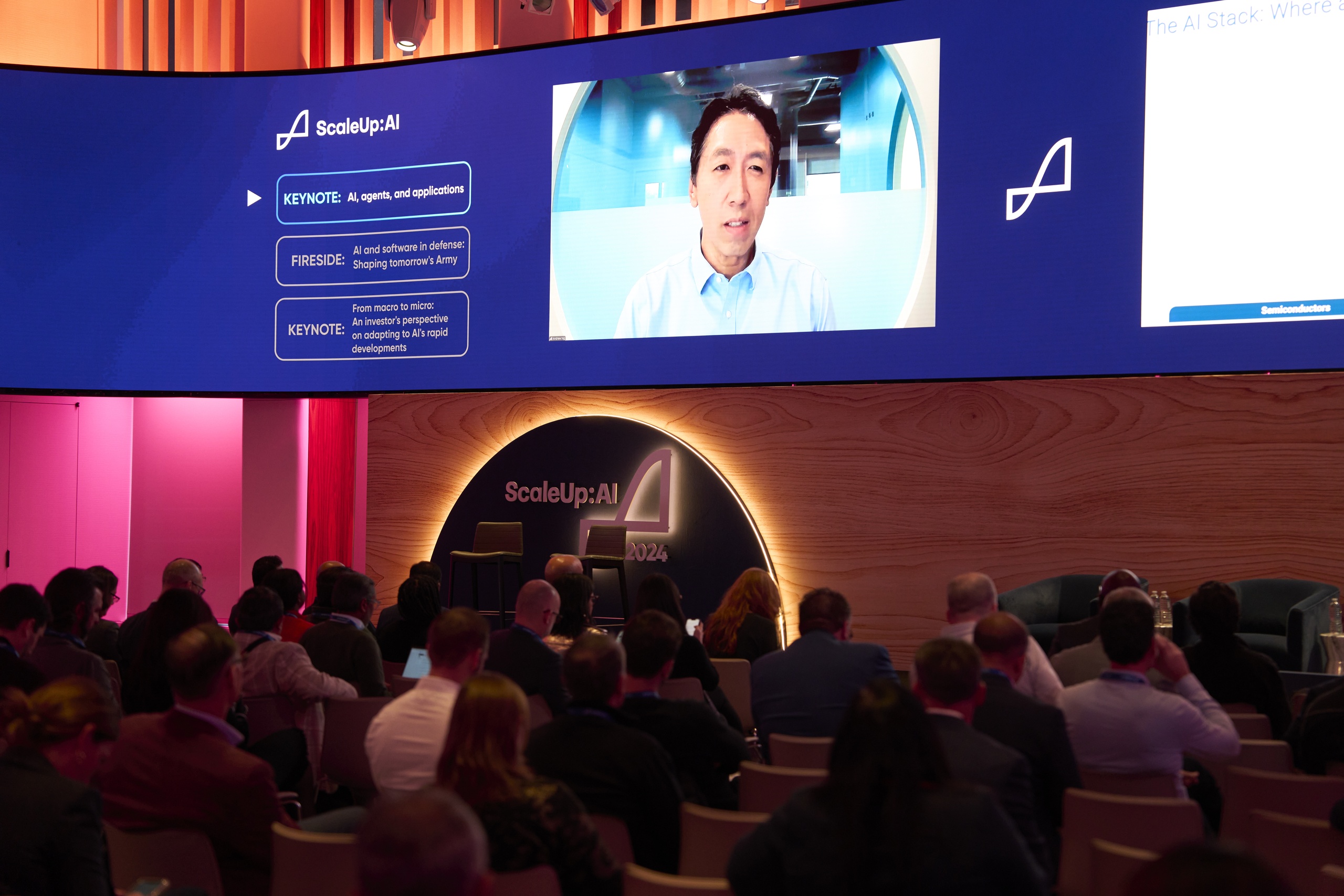4 things May Habib has learned as a founder, raising $100M, and building a board

This content originally appeared on Startup Grind.
Writer CEO and cofounder May Habib sat down with Managing Director Whit Bouck to discuss the opportunities generative AI poses for founders, narrowing in on the right use cases for your company, and lessons learned since founding Writer in 2020.
“Most of the space is blank, to be filled by us”
Despite the hype around genAI currently, most companies are still in the initial stages of implementing AI strategies. And for founders, this means there’s a lot of opportunity on the table. “Most of the TAM is still on the sidelines believing that Microsoft is going to be their savior and deliver generative AI in all the places that count. And there’s still a ton of white space. Most of the space is blank, to be filled by all of us,” says Habib.
Although many companies are exploring AI, the majority are not operationalizing it beyond basic productivity tools and experimentation. Habib emphasized that Writer’s success and rapid growth are attributed to the fact that they still lead with solutions, business impact, and value — even though AI opens the door for them.
In terms of where we are now and where we’re heading, Habib explained that AI has indeed become better and faster than humans. “We started Writer in 2020. We called the company Writer because it was very clear even in those early days that AI was going to be better than people at reading and writing and certainly faster,” she said.
The right use cases in the right industries
Habib pointed out the importance of focusing on specific use cases and industries when implementing AI. She shared that Writer focuses on regulated industries, where the non-determinism of genAI poses a significant challenge. However, she warned against being too prescriptive in identifying use cases as it could lead to gross underutilization of AI.
“We break [use cases] down by vertical. It’s kind of a cheat sheet, like where the gold is buried, based on our learnings over the past years of doing this for the enterprise,” she said. Habib also mentioned that there’s a danger in being too prescriptive in the use cases because there are so many opportunities to create new workflows that would have been unthinkable if done manually.
Crafting the perfect board
In terms of building a board for a startup, Habib shared her deliberate approach in choosing members who could provide diverse perspectives and understand the company’s vision. The board she built was intentionally large to accommodate various voices and perspectives, which has proven to be powerful for the company.
“We wanted to make sure that the board really represented where we wanted to be, what kind of company we wanted to be over the next few years, and really worked backwards from that,” she said. Habib emphasized the importance of handpicking each board member based on the value they could bring to the table and their potential to aid the company’s growth.
“We keep hiring to a really high bar”
As a rapidly growing company, Writer faces the challenge of quickly operationalizing new hires to maintain the pace of their expansion. Habib emphasized the importance of enabling new hires to learn about the business, the product, and the vision, as well as ensuring that any potential hiring mistakes are swiftly addressed.
“We keep hiring to a really high bar, but also once they come into the business, how quickly can we really operationalize them?” she said. Habib also highlighted the need to slow down in order to speed up, making sure they properly integrate everyone they just hired before going out and hiring more.












